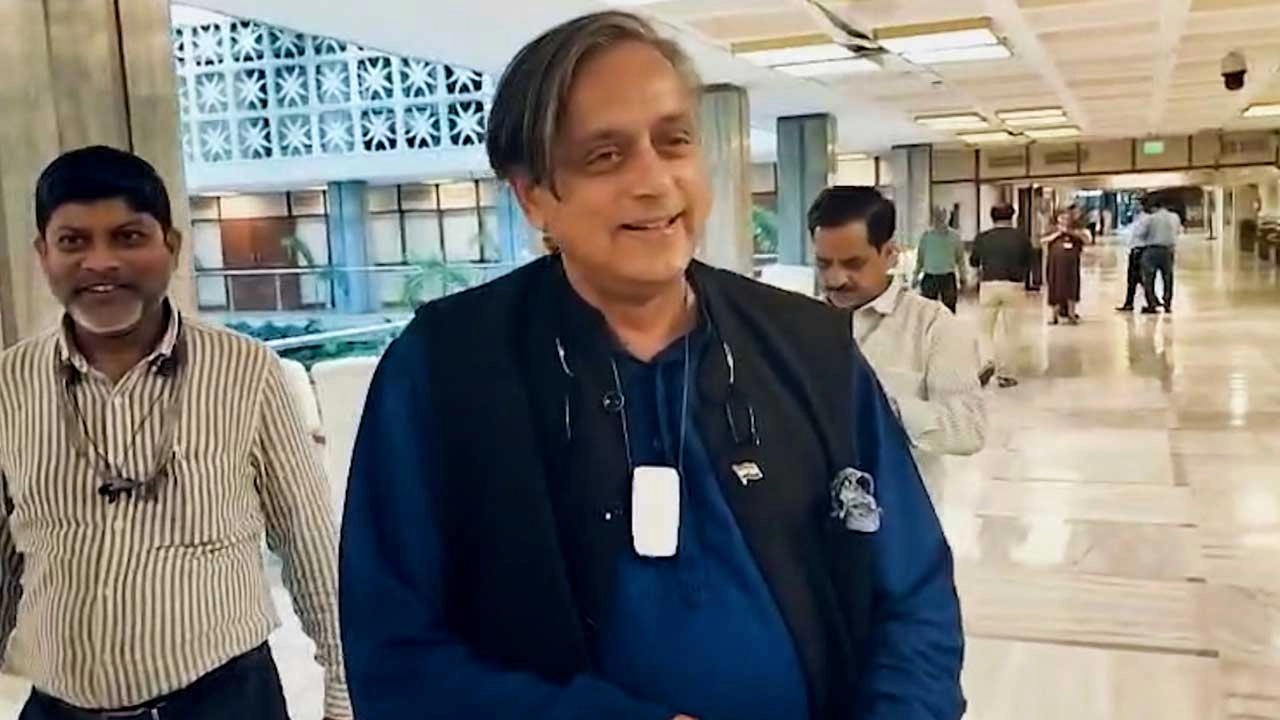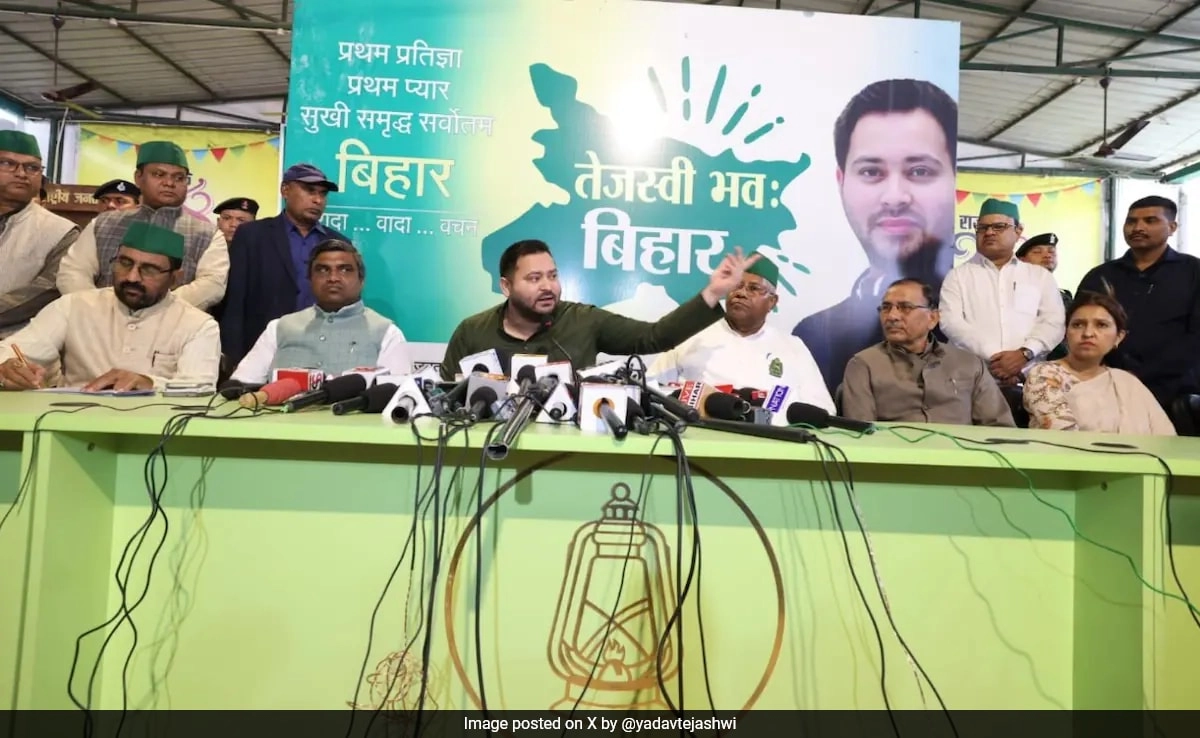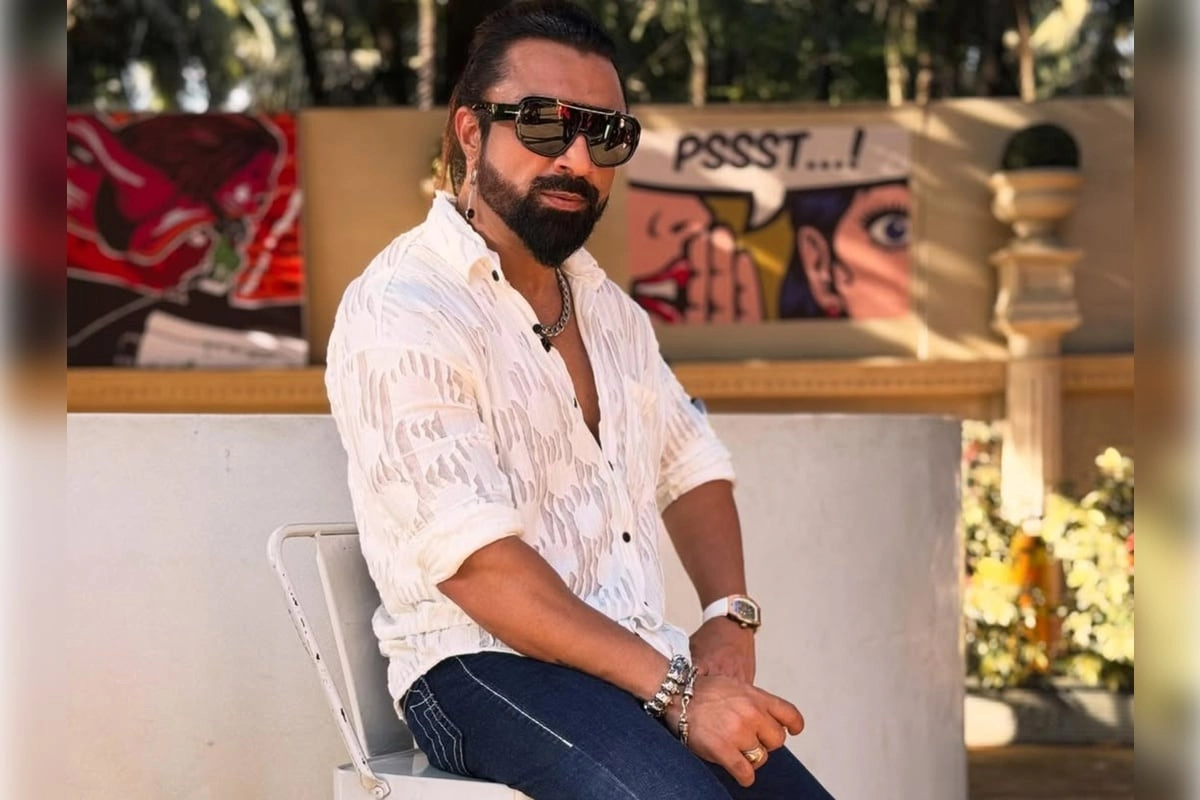In a recent political discourse, a BJP Member of Parliament made headlines by asserting that Shashi Tharoor, a prominent figure in the Congress party, is being silenced within his own ranks. This statement underscores the ongoing tensions between the ruling Bharatiya Janata Party (BJP) and the opposition Congress party, highlighting the dynamics of internal party politics as well as the broader ideological battles that characterize Indian politics today. The BJP MP’s remarks suggest a belief that Tharoor, known for his eloquence and articulate views, is not given the platform he deserves, which raises questions about the openness and democratic nature of discussions within the Congress party itself.
Tharoor, a seasoned politician and former diplomat, has often been seen as a voice of reason and modernity within Congress. However, the BJP’s claim of his marginalization points to a perceived struggle within the party to balance differing viewpoints and maintain cohesion in a rapidly evolving political landscape. It also reflects a broader narrative wherein the BJP seeks to portray itself as a party that embraces diverse voices, in contrast to the Congress, which they argue is stifling dissent. This kind of political rhetoric serves to rally support for the BJP, while simultaneously putting pressure on the Congress to address its internal conflicts.
Moreover, this situation is emblematic of the challenges faced by opposition parties in India, where the political arena is often marked by fierce competition and rivalry. As the BJP continues to consolidate power at the national level, the Congress party finds itself grappling with maintaining its relevance and effectively voicing its criticisms of the ruling government. The BJP MP’s comments could be interpreted as an attempt to further weaken the Congress party by highlighting its internal divisions, thereby reinforcing the narrative of the BJP’s dominance in Indian politics.
In a larger context, the discourse around Shashi Tharoor’s position raises important questions about freedom of expression within political parties and the importance of fostering an environment where diverse opinions can be shared and debated. For democracy to thrive, it is essential that all voices, including those of dissenters or reformers within a party, are heard and valued. The BJP’s assertion regarding Tharoor, whether intended or not, serves as a reminder of the vital role that open dialogue and debate play in the political process, and the potential consequences when such dialogue is stifled.




